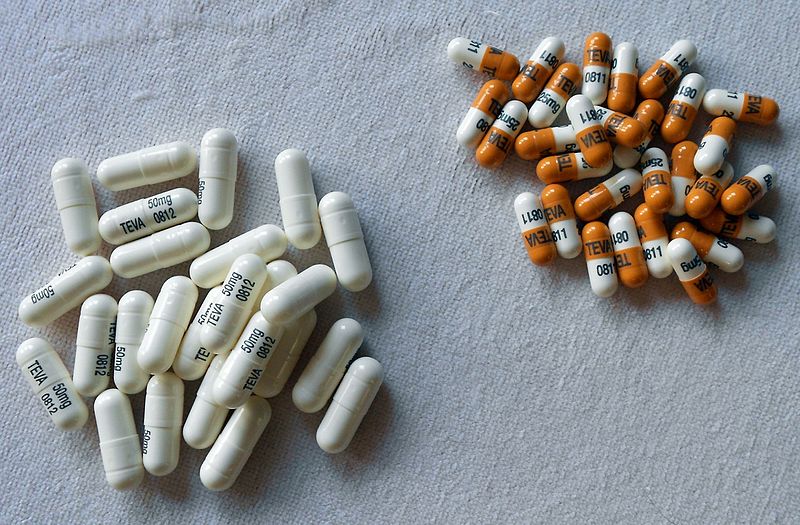What You Need To Know Before Trying 'Natural Cures' For Depression
By:
At least 15 million American adults suffer from Major Depressive Disorder, according to the Anxiety and Depression Association of America. That's a lot of people who need treatment. But while alternative remedies may seem appealing, experts warn that when it comes to mental health, "natural cures" should not replace conventional medical intervention.
Natural supplements and vitamins such as St. John’s Wort, 5-HTP, Cod Liver Oil, turmeric, and even essential oils have been said to support improvements in mood, but their reported effectiveness is merely anecdotal.
"There's highly suggestive evidence that some alternatives, especially SAM-e and omega-3 fatty acids, can help, but it's not conclusive," Andrew F. Leuchter, vice chair of psychiatry at the UCLA Neuropsychiatric Institute, told WebMD.
Not only are natural remedies unsupported by clinical evidence, they can also be unsafe, as they are neither regulated nor approved by the U.S. Food and Drug Administration. Users often assume natural remedies are safer than pharmaceuticals, but Brittany Sherwood, a nurse practitioner specializing in mental health, said this isn't so. Prescriptions are more stringently regulated for safety, and they are also prescribed by a provider who knows one's specific needs.
“Many patients believe natural remedies are safer, but ‘natural' doesn’t always mean ‘safe,’” Sherwood said. “For example, arsenic is natural, but it’s also extremely dangerous.”

Natural supplements can also interact negatively, and even lethally, with other medications or medical interventions. Dr. Gabby Farkas, a psychiatrist at Zucker Hillside Hospital, said there have been several reports of negative herb-drug interactions, including failed HIV therapy, transplant rejection, and contraceptive failure, particularly with St. John’s Wort. While often used to treat depression, the herb can also cause Serotonin Syndrome, a dangerous acute condition.
“Natural remedies can be used in mild or moderate depression," Farkas said, "but patients should use medication in more severe cases."
Those suffering from severe depression are already at risk of self harm, but physicians say patients who refuse treatment or abruptly stop medication in favor of alternative solutions are at even greater risk.
“Risks of alternatives include the fact that people who rely on alternatives too much — who don't get treatment that is proven to be effective — can slip into a more serious clinical depression or anxiety disorder before they realize it," Farkas said. "Let’s not forget depression can be lethal."
For anyone struggling with depression, experts and scientific data support medical treatment, especially therapy, as the safest solution. “Medications can cause side effects but, especially in severe cases, are more reliable in improving the symptoms,” Farkas said. “A licensed professional can help navigate between different treatment options and find the best approach.”
Even if a patient does not respond immediately to treatment, seeking a professional’s support and knowledge drastically reduces the risk of suicide.
“Anyone in treatment has much less risk of committing suicide or injuring themselves or others," Sherwood said. "Even if treatment is not working as well as you’d hope, and even if you have side effects, treatment itself inherently reduces the risk of harm."
If you have depression, please make safety your main priority, which may mean working with a professional rather than taking a do-it-yourself approach to mental health. “Safety is the number one priority," Sherwood aid, "and that should include putting substances in your body that are marketed as ‘natural' but may actually be harmful to you specifically."
